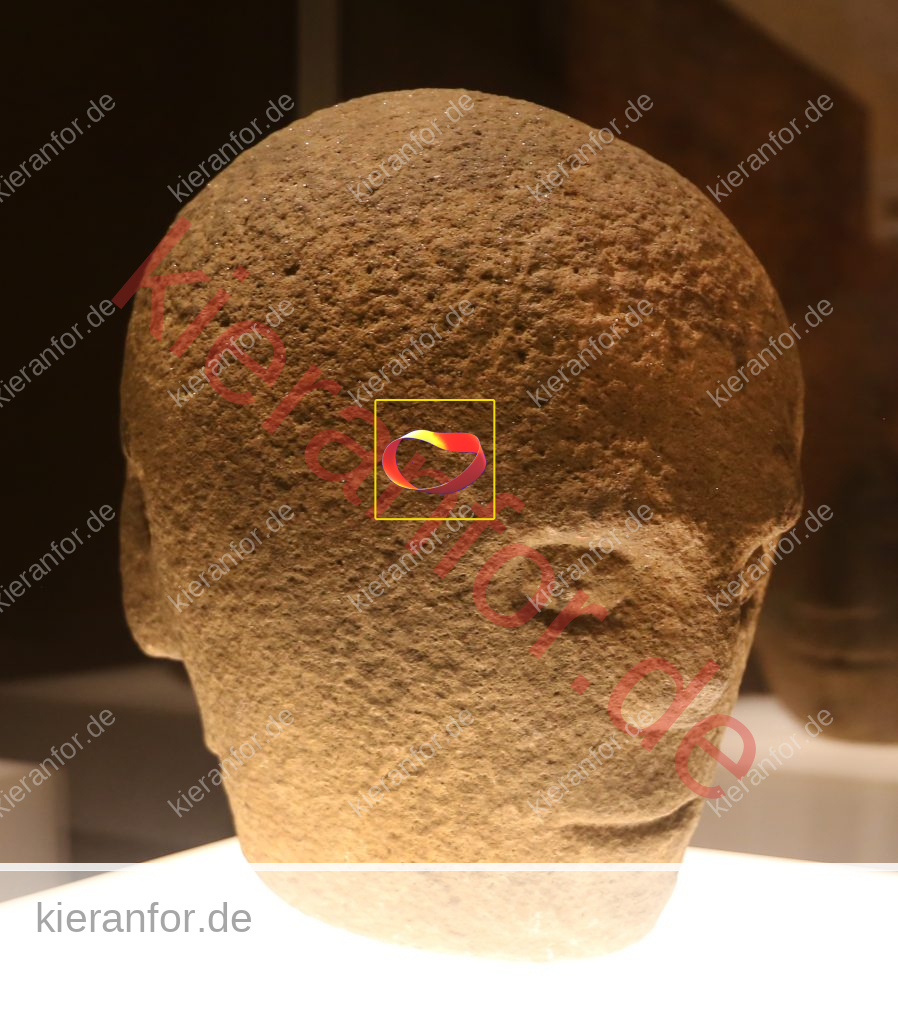When I was about 16, I expressed an interest in being on my secondary school Irish (language) debating team. I have no idea what possessed me to do so. My command of the language was, among my classmates, average at best and this was setting a low bar for competency in a language that no more than a handful of us ever spoke outside of our Irish class. I suppose I held, and still hold, a romantic attachment to the language in spite of my limited fluency with it. To my great surprise, only two others had volunteered, both of whom had a similar degree of proficiency and enthusiasm for the undertaking as I did. The teacher who had proposed the creation of the team determined that I would be the captain. I am almost certain he decided this because I was the tallest of the three of us and because I was reasonably able to speak up for myself (in English).
The motion for our first debate was presented to us shortly after: Is féidir le aois óg na hÉireann a bheith dòchasach faoi an tsaol ata rompu* . None of the three of us fully understood what this meant and we had to ask the teacher to help us both with the translation of the motion and, after we had discussed them (in English), our arguments. It only become known to me at that stage that I, as captain, would have to speak twice, once at either end of the debate. While I was reasonably confident of being able to open the debate with a prepared speech, the responsibility of rebutting arguments made during the debate was a task that I grew increasingly apprehensive about. On that particular issue, I need not have been worried; it was something else entirely that I should have been worried about.

The evening of the debate arrived. It was held in our school, the opposition having to travel in from “back the way”. While I am from the West of Ireland, I am still a “city boy” from the Galway city suburb of Salthill. The opposition were from further out West: they were from the Gaeltacht. These guys, for we were all boys attending single-sex schools (as are [were?] common in Ireland), were fully bi-lingual in Irish and English and grew up speaking Irish on a daily basis in their homes and communities. Even before the debate started, the quiet assurance of these country folk who had come to our school unsettled me. This was our turf, but it was our team who was starting to feel very much like we were suddenly out of our depth.
The debate was opened with a welcome to the visitors, about two dozen of them if I recall, compared to the two parents of one of our team members and our teacher (the MC) supporting the home team. Being the captain of the team proposing the motion, I gathered all the confidence I had, stepped up to the podium and delivered my speech as best I could. Something about the glances shared between audience members and the polite applause and the end of my ordeal told me that it was clear that the audience was on to us. The fraud had been, if not completely uncovered, implied in my delivery and my hangdog expression as I urged the listeners that our team was on the right side of things.
What happened next is something that I really can’t remember but, at the same time, something I will also never forget. The captain of the opposition strolled over to the podium, to rapturous applause and shouts of encouragement, and unleashed an absolutely beautiful steam of argument in the Irish language. Within the first thirty seconds he had obviously scored some points, judging by the laughter of the audience. This was the only way I could tell what was happening, you see, because neither I nor my teammates understood a word he was saying.
Speaking in beautiful fluent Irish, at a speed and in an accent that seemed to make all the words run together, the other team captain continued to deliver what seemed to be an entirely convincing and hugely entertaining rebuttal of our opening position, seeming to point twice in my direction. He finished his speech to a mighty round of applause that I felt my teacher might have sought to abbreviate by getting to the podium faster and introducing the next speaker on our team.
Our second speaker (2S) bravely delivered his pre-prepared speech and, lacking any means with which to rebut the contrary arguments that has just been delivered, finished abruptly after only two minutes – the balance of the time having been set aside for the anticipated delivery of counterarguments that he could now no more construct in Irish than in Esperanto. There was polite smattering of applause, as well as some nods, glances, and politely masked smirks and laughs, before the opposition 2S bounced up to the podium and launched into what may well have been a stand-up comedy routine, for all the laughter elicited from the audience, and in ancient Greek, in that neither I nor my teammates understood a word. It seemed to me that their 2S understood that we did not understand and, as a result, purposely spoke at an artificially accelerated pace that was both comical, and yet comprehensible, to the audience but neither to me and my poor teammates.
Our 3S rose and gave a similar account of himself as our 2S, only for their 3S to rise afterwards and repeat the same gag that their 2S had, speaking in tongues hilariously and likely throwing in local dialect for greater impact, while I grew frantic wondering what I was going to say when it came to my turn to sum up the argument for our team. As their 3S took his seat to solid applause, I rose like a man condemned and approached the podium, briefly considering feigning a slip off the rostrum in the hope I might break and arm or ankle, such that I might earn a stay of execution. My paralysis being only from the neck up, my legs betrayed me and carried me forward to my humiliation.
Gripping the podium with both hands, I delivered a pre-prepared summary of our team’s arguments. Reluctant to even try to offer a counterargument to what the opposition may have said, I acknowledged that they had made some fair points but also that there were two sides to each argument, that we were entirely unconvinced of the merit of theirs, and that we were sticking to our guns and not allowing ourselves to be distracted by deigning to engage with their spurious reasoning. I thanked the audience and was sitting back in my chair before several of the more charitable audience members managed a few perfunctory claps that sounded quite loud, like nails being hammered into a coffin, in the suddenly quiet room. My teacher put a brave face on too and introduced the opposition captain again, all the while trying to maintain the pretense that this had been a fair fight and that the winner was undecided.
As I said, I really can’t remember much of this, having endeavored to let the memory sediment and be buried deep within my subconscious, but I do recall that the opposition captain seemed to have realized that kicking a man when he was down was not sportsmanlike behaviour and so he gave a short and what bore the hallmark sounds of a devastating final blow to the motion. The audience seemed to follow their captains lead and he retook his seat to a staid round of applause, resembling for me the muffled sounds of the handfuls of dirt thrown on the coffin now in the grave.
The humiliation complete, my teacher continued the pretense and congratulated both teams for their spirited participation and promptly declared the visiting team the winner. After shaking hands with and congratulating the other team, my teammates and I trudged off to a nearby classroom where we took refuge and each reflected in silence on what had befallen us.
I can’t really remember what we said to each other when we finally spoke. But I’ll never forget it either.
* The youth of Ireland can be hopeful for their future.
Corleck Head
https://en.wikipedia.org/wiki/Corleck_Head
- Corleck Hill’s Irish name is Sliabh na Trí nDée (the “Hill of the Three Gods”).


